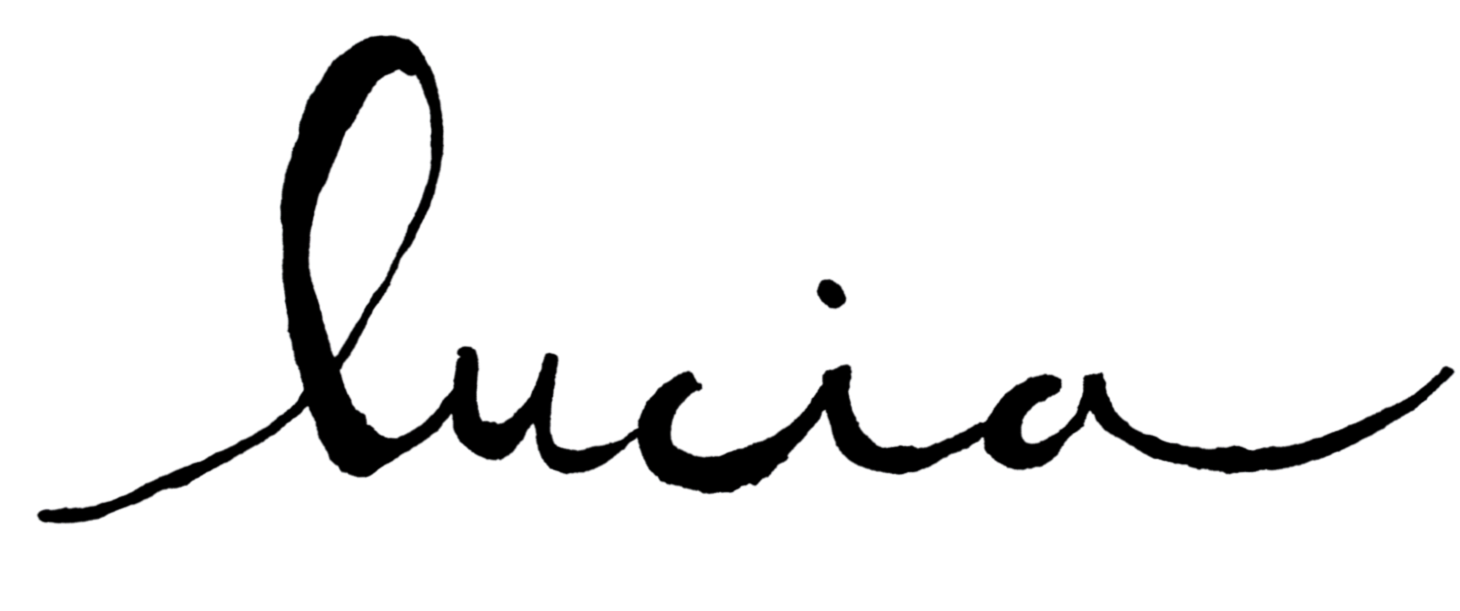in the lighthouse
In the Lighthouse by Edith Hope Bishop
A weathered sandwich board announced Free Tours and the peeling white paint of the building spoke of long seasons near the sea. My friend and I approached the door of the lighthouse looking for the others in our writing group. We were all supposed to be enjoying a quick writing break to walk on the beach, but we'd somehow lost them while parking the car.
“Maybe they’re inside?” I asked my friend.
Before she could answer, the keeper, an older woman in a khaki uniform, popped into existence, shooed us inside, announced us the last tour of the day, and locked the door.
Our friends weren’t inside. We were trapped in a lighthouse with an aggressive tour guide.
Photo by Edith Hope Bishop
We followed her up the iron spiral staircase to the lamp room where an elderly man in a captain’s suit explained the history of the wide, Parisian lens. Its unlit body somehow still glowed before us like a massive crystal ball, reflecting and bending our bodies and the seascape beyond.
I made eye contact with my friend and smiled, knowing she was thinking my thoughts.
“This is story stuff. We’re gonna write the hell out of this someday.”
When I first became a writer, I feared the solitude that might encompass such a life. I’d been a teacher and a student, an administrator and an assistant. All of my work had been relational in nature and, perhaps as a result, I fancied myself a people person. While I was excited to start a new life, and one more in line with my deepest passions, I worried that writing would prove an isolating pursuit.
Photo by Edith Hope Bishop
I wasn’t entirely wrong. When I write, I usually sit alone in a coffee shop or at my dining room table. I mumble to myself or to the characters who present themselves. I get up, on occasion, for more tea. I might compliment the barista on her earrings, or have a quick chat about an internet password with a stranger, but mostly, I go for long stretches of time without a full conversation with another living being.
But here’s the thing: as soon as I became a writer, and found the confidence to say “yes, I’m a writer” out loud (perhaps a story for another time), I found I had a bounty of friends and connections who were ready to talk about writing, share writing, offer advice and criticism, and bounce ideas around. The only problem was how and when to connect. Social media generally proves a limiting platform (for me), and email, while helpful, doesn’t offer an easy and rapid flow of ideas. Many of my writer friends are busy mothers, many work full time jobs. In this digital age, several of my closest writerly friends live hundreds, even thousands of miles away.
While I don’t get to see every member of my new community as often as I’d like, one solution that works for me is semi-regular informal writing retreats. Once a season or so, I plan a short weekend getaway with fellow writer friends. We rent a cabin, or find an inn, preferably in a place close to nature. Once there, we generally write during the day and play at night. We consume a lot of chocolate and coffee and okay, whiskey. When someone is sick of working, she grabs someone who hasn’t quite admitted they’re sick of working, and they go for a hike, or shop for baubles in the cute little town, or, during one recent retreat, feed the pigs.
Photo by Edith Hope Bishop
At night, we watch a whacky movie, or we stay up until the wee hours reading aloud from our latest work. The glorious thing about these retreats is that for three or four days all of us are writers in the full sense. We aren’t moms first or employees first. We are writers among writers and we live and breathe and reflect on what needs to happen when we go back to our daily lives to make our work better and brighter. Sometimes we call bullshit on each other’s insecurities, or we gently (or not so gently) encourage each other to do the hard thing.
During one retreat this past year, a particularly brazen writer friend brought us gifts of polyester kaftans in a rainbow of colors she’d carefully chosen to reflect each of our personalities. It sounds absurd, because it was. Gloriously absurd. We happened to be staying in an on old Victorian house with a spiral staircase, and the roof of the attic room we’d rented was painted with coiling ivy. The moon was full. We donned our kaftans and cackled and howled at the freedom of the moment. It had been a long day and some of us were battling broken plots and sticky points of view. All of us were glad to kick back from book and burden. I felt an overwhelming gratitude for these women who inspire and support me.
Writing isn’t nearly as lonely as I’d imagined. I don’t work with my community every day, but when we find a way to retreat together, our time is a beacon.
Edith Hope Bishop is a writer, volunteer, and mother. She taught for several years in a high needs public high school in Seattle, WA. She is most at home near, on, or in any body of salt water.




















